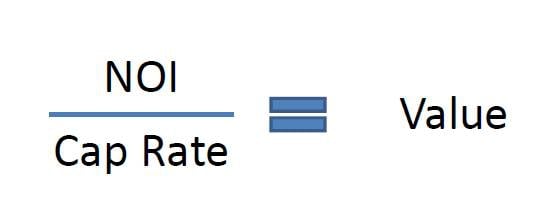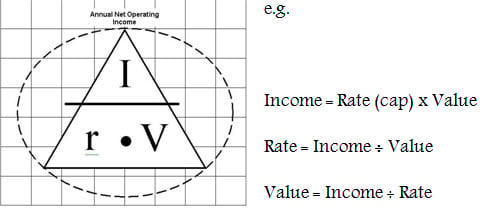It is property tax appeal time in the great state of Georgia and Atlanta hotels have been through an awful time during the Great Recession. Although much of the commercial real estate sector is now on the upswing and cap rates have been falling, hotels still have some of the highest cap rates of any commercial property class. I know many hotel owners who continue to tell me that the hotel market is still bad. If your gross revenue is down and your operating expense ratio has shrunk, and there appears to be no end to your nonexistent net operating income, then the Great Recession is not over.
Real Estate Research Corporation (RERC) stated in their most recent report that demand for hotels and a lack of new supply makes the hotel sector a good investment opportunity. But they also went on to say that replacement cost is higher than value. As a result, development capital is not readily available. RERC's required pre-tax yield rate for the hotel sector decreased in the fourth quarter, although it retained the highest yield rate among the property sectors. According to Smith Travel Research fourth quarter hotel occupancy declined to 45.4%, a 7.2% year-over-year decrease, the average daily rate fell 1.6%, and revenue per available room declined 8.7% to $68.43. Apparently lack of new supply is not helping out the existing hotels.








